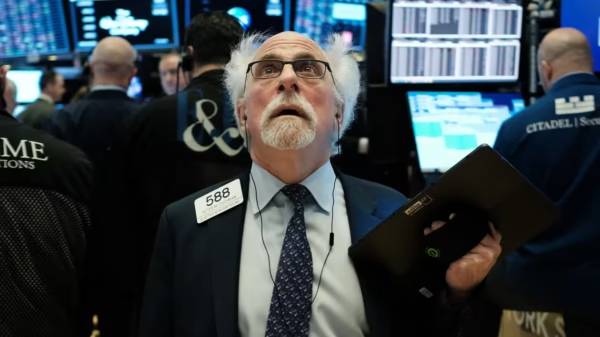By Mexico Solidarity
Sometimes the relationship between organized crime and capitalism appears so transparent that it allows us to grasp the state of the system and where it is headed.
Recently, the Brazilian federal government launched a sweeping operation against organized crime in the fuel sector. The results were staggering: investigators uncovered 40 real estate investment funds worth $5.5 billion controlled by the First Capital Command (PCC), the largest drug trafficking group in Brazil. These funds financed the purchase of a port terminal, four refineries, 1,600 fuel transport trucks, and more than 100 properties.
The PCC also acquired farmland valued at another $5 billion and a shadow fintech bank, BK Bank, which moved up to $8 billion. More than 1,000 gas stations in 10 states were identified as money-laundering outlets, though investigators estimate the true figure may be closer to 2,500 nationwide.
Founded in 1993 in the Taubaté prison in São Paulo, the PCC now operates in 90% of Brazil’s prisons and has expanded into Uruguay, Paraguay, Bolivia, and Colombia. With a membership estimated at 40,000, much of it behind bars, the PCC is the largest criminal gang in Latin America. Its cocaine networks connect it to Italy’s ‘Ndrangheta and extend to Africa and Europe.
Recent investigations reveal a growing sophistication in laundering operations, from investments in soccer clubs to online gambling platforms. The latest case shows the PCC now dominates Brazil’s sugarcane supply chain — buying farms, refineries, fuel stations, and transportation.
Where Capital and Crime Converge
These revelations illustrate the deep convergence between so-called “legitimate” business and organized crime.
On one side, criminal groups behave like large corporations — investing, monopolizing, and seeking to dominate entire sectors. Their only difference from conventional capitalism is that their activities are not recognized as legal, which in turn allows them to secure outsized profits. Their methods mirror extractivist industries such as mining.
On the other side, “respectable” businesses drift toward illegality. To expand profits, they launder money through real estate and finance, evade taxes with help from legal professionals, and deploy mafia-style tactics against regulators. Both criminals and traditional entrepreneurs buy off judges, corrupt politicians, and invest in sports or other sectors to launder reputations.
In mining regions across Latin America, corporations and organized crime often operate hand in hand to displace communities that resist exploitation.
Capitalism’s War Against the People
If we accept that today’s capitalism is a war of dispossession — what the Zapatistas call “World War Four” — then we must also accept that legality itself has eroded. Wars operate on the law of force, not justice. Gaza today epitomizes this collapse of humanity and legality, as dispossession and displacement turn people’s lands into commodities.
Whether in Cherán, Chicomuselo, or elsewhere, organized crime and extractive industries converge because ordinary people have become obstacles to endless capital accumulation. In this sense, genocide is no aberration — it becomes the norm, as it was during the Conquest of the Americas.
It is dangerous and misleading to suggest that there can be a “good” capitalism. As Immanuel Wallerstein argued, capitalism was a massive setback for two-thirds of humanity — women, children, Indigenous peoples, and the poor. What followed were crematoria, genocides, and a media system designed to disguise this reality.
Any politics that fails to name our era as one of genocide, or that pretends it is happening only elsewhere, leads people to their destruction. As labor historian Georges Haupt wrote, those who entertain the public with comforting stories “are as criminal as the geographer who draws false maps for navigators.”
Raúl Zibechi is a popular educator, journalist, researcher of social movements, and columnist for La Jornada. He is the author of Del contrapoder a la complejidad and Universidades antihegemónicas.



































































